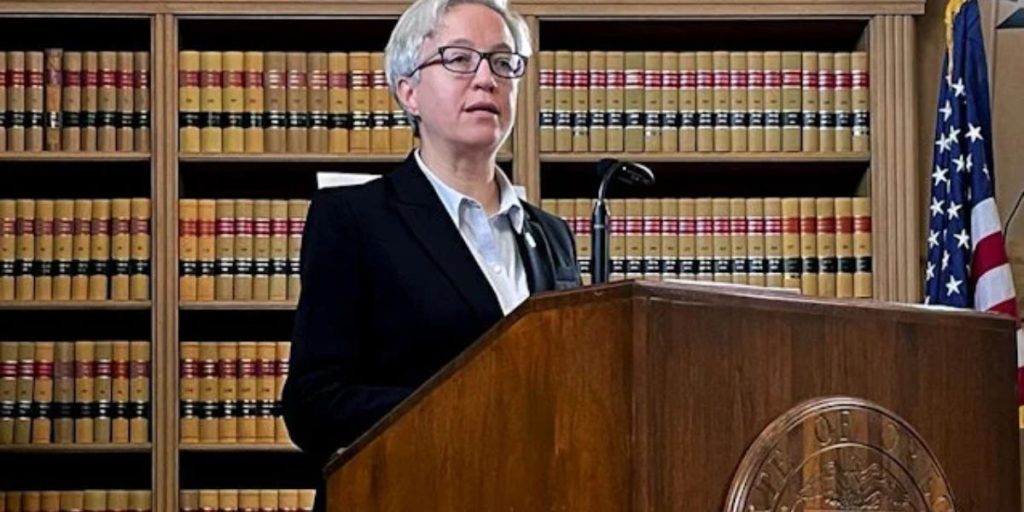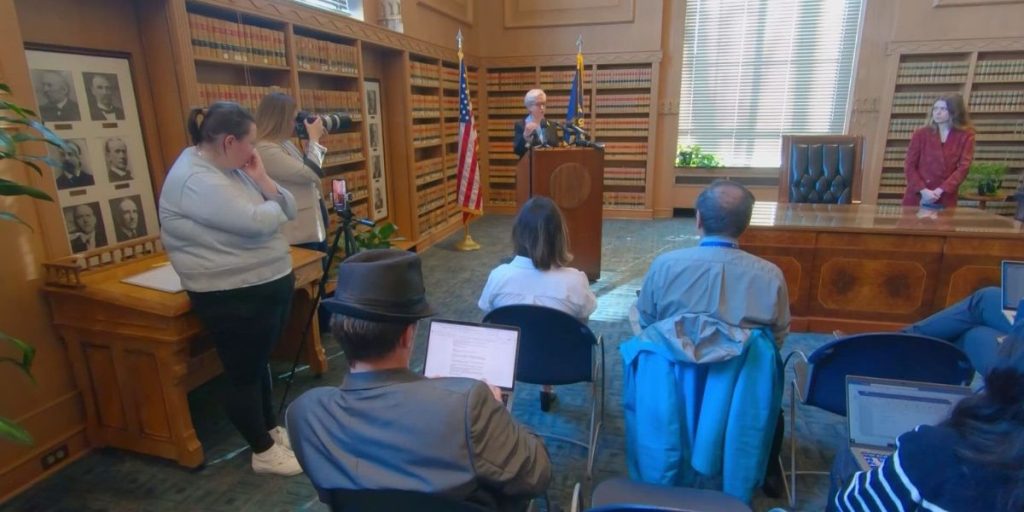Oregon’s Democratic Gov. Tina Kotek signed a bill recriminalizing the possession of tiny amounts of drugs on Monday, bringing an end to a first-in-the-nation experiment in decriminalization that was hampered by implementation problems.
The new law reverses a 2020 voter-approved measure, making so-called personal use possession a misdemeanor punishable by up to six months in jail. It also sets methods for providing treatment as an alternative to criminal sanctions by encouraging law enforcement agencies to develop diversion programs that direct people to addiction and mental health services rather than the criminal justice system.

In a signing letter, Kotek stated that the law’s effectiveness will rely on “deep coordination” between judges, police, prosecutors, defense attorneys, and local mental health providers, calling them “necessary partners to achieve the vision for this legislation.”
Measure 110, passed by voters with 58% support in 2020, makes personal-use possession of illicit narcotics like heroin, cocaine, and methamphetamine criminal by a citation and a maximum punishment of $100. Supporters argue that therapy is more effective than incarceration in helping individuals overcome addiction and that the decades-long policy of prosecuting people for drug possession and use has failed.

The measure allocated hundreds of millions of dollars from the state’s cannabis tax income to addiction services. However, the funds were slow to flow, and health officials, who were also dealing with the COVID-19 outbreak, struggled to establish the new treatment system, according to state auditors. At the same time, the fentanyl issue led to a rise in fatal overdoses.
These influences have pushed Oregon Democrats to change their stance on decriminalization policy in recent months.
During this year’s short legislative session, some who had previously supported the measure voted in favor of the new law. While some Democratic members opposed the bill, fearing that it would lead to more arrests and worsen social injustices, it was eventually passed by the Democratic-controlled Legislature last month.
GOP leaders had long wanted to change Measure 110. After Kotek signed the bill, House Minority Leader Jeff Helfrich said it demonstrated how Republicans “stood united and forced Democrats” to reinstate criminal penalties.
The amendments take effect on September 1.